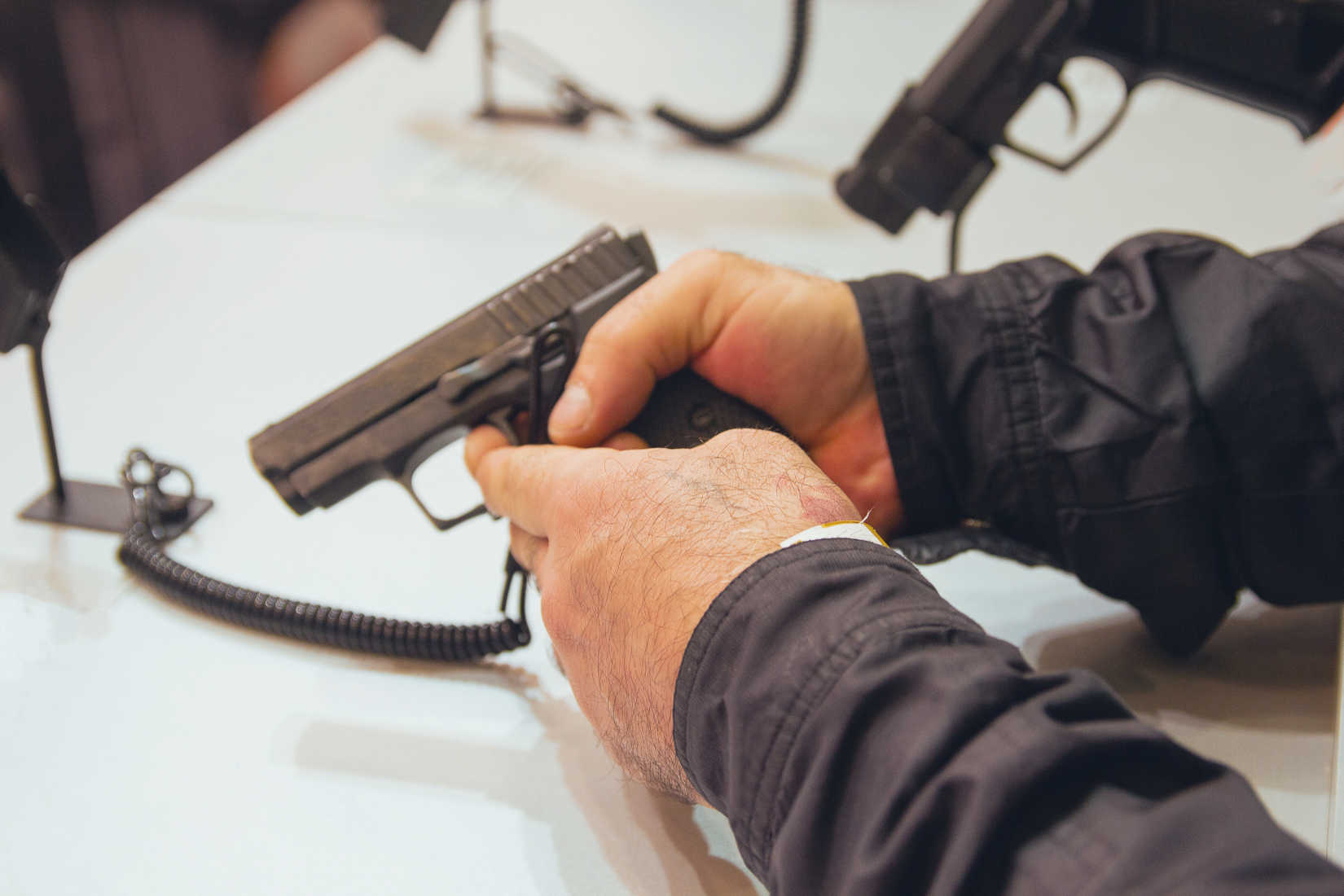By: Teresa Mull
Colorado’s Democratic Gov. Jared Polis signed HB 1177, the state’s red flag bill, into law in April of this year. The legislation will take effect in on Jan 1, 2020, but the road to implementation has been a bumpy one for this law.
Both Denver and Aurora’s police departments have come out against the bill. More than half of the state’s counties have passed “Second Amendment Sanctuary” resolutions in response to the legislation as well.
This week, “60 Minutes” did a special on Coloardo’s red flag laws, and “why it’s fiercely debated.” Weld County Sheriff Steve Reams disagrees with the red flag gun confiscation law so much, he’s willing to go to jail rather than enforce it.
“If a court order comes down telling a sheriff or deputy that they have to serve a red flag order, they have a choice to make,” Sheriff Reams told Gunpowder Magazine when the legislation was passed. “They can either go down the road of violating someone’s constitutional rights, or violate the court order, which would result in them sitting in jail for a period of time. Frankly, I’ll choose the later.”
Below is a transcript of what Reams told “60 Minutes” this week:
Steve Reams: There are portions of the law I just flat out can’t and won’t do.
Scott Pelley: This is a law that was passed by the legislature. It’s signed by the governor. Nobody asked you.
Steve Reams: That’s right.
Scott Pelley: You’re just expected to do your job. And enforcing the law is your job.
Steve Reams: Right. And I also take an oath of office that says, I’ll support the U.S. Constitution, the Constitution of the state of Colorado and then, I’ll enforce the laws of the state of Colorado. When those things are in conflict you know you have to decide which one you are going to adhere to.
Scott Pelley: Are you prepared to get locked up in your own jail?
Steve Reams: That is something that could happen. A judge could order me to my own jail. You know, I would be the one litigating that issue and we’ll determine at that point if this Red Flag law is constitutional.
Opponents say Red Flag violates the right to bear arms, the right to due process and the right against unreasonable search and seizure. Some sheriffs say they won’t ask for a Red Flag order and if they receive one from a judge, they won’t enforce it.
Scott Pelley: If you decline to enforce one of these orders and people die, won’t the county be liable for the damages?
Steve Reams: If law enforcement’s only objective is to go take someone’s firearms and that person still goes out and commits violence, do you think that we would then be off the hook for any damage that they would inflict? No, people would still look at law enforcement and say, "Why did you only take their guns? Why didn’t you deal with the person?"
“Everyone in law enforcement is scared of this bill,” Robert Wareham, a former law enforcement officer and current family law lawyer, told Gunpowder Magazine. “No one wants to go into a situation where they could lose their life, and this bill makes it much more likely that that will happen.”
The law requires law enforcement to seize people’s weapons if a court finds that they are a danger to themselves or others based on a petitioner’s sworn affidavit. The court then issues a temporary protection order if it believes the respondent is dangerous and will continue acting dangerously.
A hearing must be held within 14 days of the initial protection order being signed. During that hearing, it is up to the respondent to prove that he is she is not a danger. The respondent must provide his own legal defense, even though he has not been charged with a crime.
If the respondent is found to be a danger by a court, he or she is prohibited from possessing, controlling, purchasing, or receiving a firearm for 364 days.
Teresa Mull is editor of Gunpowder Magazine. Contact her at [email protected].

